VACCINATION FOR INFANTS / CHILDREN
The National Immunization Program, which was then known as Expanded Program for Immunization, was launched by the Philippine government on July 12, 1976 with the assistance of World Health Organization (WHO) and the United Nations Children’s Fund (UNICEF) to ensure that infants/children have access to routinely recommended infant/childhood vaccines.
This program primarily aims to reduce the morbidity and mortality among children against the most common vaccinepreventable diseases (VPDs) which includes Tuberculosis, Poliomyelitis, Diptheria, Teatanus, Pertussis and Measles. To date, the Expanded Program on Immunization provides safe and effective vaccines against VPDs for newborns, infants and older children. (Source: Department of Health)

PRE-NATAL / POST-NATAL / CHILD BIRTH SERVICES
Pre-Natal Services
Services given to pregnant women during the course of pregnancy to ensure the good and healthy well-being of the mother and the baby.
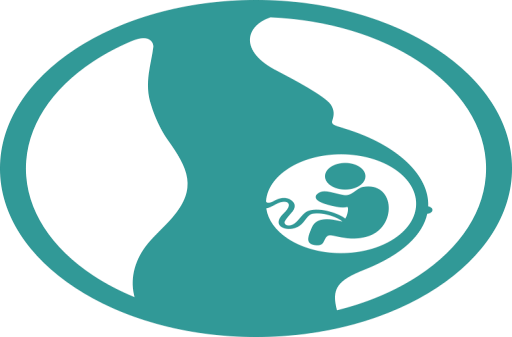
History Taking
-
- Last Menstrual Period (LMP)
- Expected Date of Confinement (EDC)
- Age of Pregnancy (AP)
- Age of Gestation (AGE)

Vaccination / Supplementation
-
- Tetanus Toxoid
- Iron and Folic Acid
- Calcium Carbonate

Screening for:
-
- Blood Type and Complete Blood Count (CBC)
- Urinalysis
- Fasting Blood Sugar
- Hepatits B (HBsAg)
- HIV
- Syphilis
* Depends on the availability. Can be done outside laboratory.

Oral Health Check-up / Prophylaxis
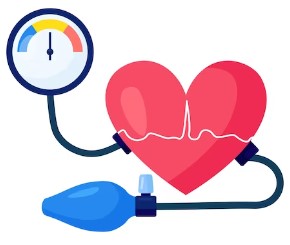
Treatment
-
- Blood Pressure
- Body Weight
- Height
- Body Mass Index (BMI)
- Cardiac Rate (CR)
- Respiratory Rate (RR)
- Temperature
- Fetal Movement / Fetal Heart Beat
- Fundic Height
- Leopolds Maneuver
- Assessment
- Referral to Hospital
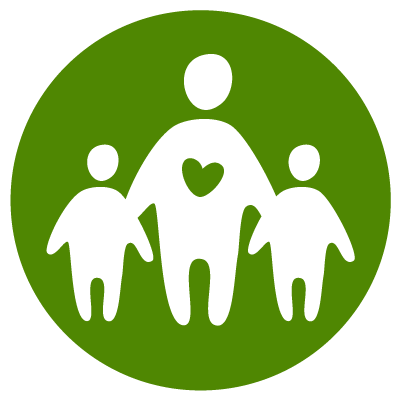
Family Planning
Pre-Natal Services
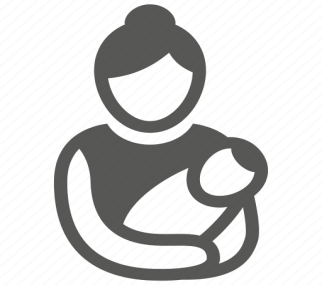
Care given to the mother and her newborn baby immediately after the birth of the placenta and for the first 42 days of life. (Source: World Health Organization) a. Follow-up Check-up
- Post Delivery Care for Mothers
- Breastfeeding Care
- Emotional Support and Counselling
- Family Planning
- Doctor Consultation
Child Birth Services
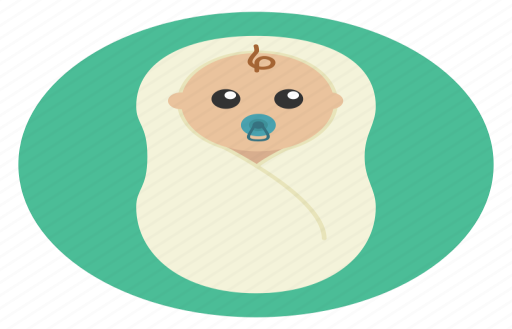
Care or services given to child after delivery. a. Latching On / Breastfeeding
- Newborn Screening *
- Hearing Test *
- Height and Weight
- Vaccination
- Monitoring
- Vitamin Supplementation
- Doctor Consultation
* Depends on the availability.
General Consultations or Out-Patient Consultations procedures, test and services that can be provided to the patient in a setting that doesn’t involve overnight hospital stay including Rural Health Units.
Services include:

Temperature Taking
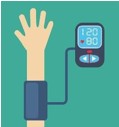
Blood Pressure Taking
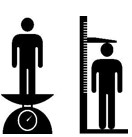
Weight and Height Check
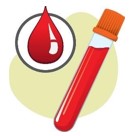
Basic Laboratory Test

General Consultation
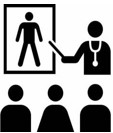
Patient Health Teachings
Referral to Secondary/Tertiary Hospital of choice for In-Patient Cases
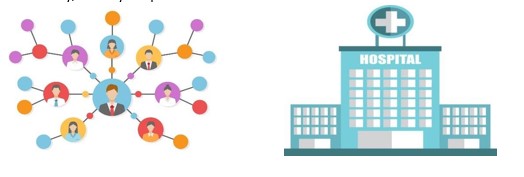
FREE BASIC MEDICINE OR LOW-COST MEDICINE PROGRAM
Provision of free medicines to all which includes:
-
- Analgesics: Drugs that relieve pain. (e.g Mefenamic Acid, Paracetamol)
- Antacids: Drugs that relieve indigestion and heartburn by neutralizing stomach acid. (e.g.Omeprazole)
- Antibacterials/Antibiotics: Drugs used to treat infections. (e.g. Amoxicillin, Ciprofloxacin)
- Anticholinergics: medicine which is used to relieve cramps in the stomach and intestines (e.g.Dicycloverine)
- Antidiarrheals: Drugs used for the relief of diarrhea. (e.g. ORESOL)
- Antiemetics: Drugs used to treat nausea and vomiting. (e.g. Dicycloverine)
- Antihistamines: Drugs used primarily to counteract the effects of histamine, one of the chemicals involved in allergic reactions. (e.g. Cetirizine)
- Antihypertensives: Drugs that lower blood pressure. (e.g. Amlodipine, Losartan, Metoprolol)
- Antipsychotics: Drugs used to treat symptoms of severe psychiatric disorders. (e.g. Biperidine, Sertraline)
- Antipyretics: Drugs that reduce fever. (e.g. Paracetamol)
- Anti-Cough: Drugs use to treat itchy throat and productive or non-productive cough (e.g. Lagundi)
- Bronchodilators: Drugs that ease breathing in diseases such as asthma. (e.g. Salbutamol)
- Decongestants: Drugs that relieves nasal stuffiness and colds. (e.g. Phenylpropanolamine Hydrochloride+Chlorphenamine Maleate+Paracetamol)
- Hypoglycemics (Oral): Drugs that lower the level of glucose in the blood. (e.g. Metformin)
- Vitamins and Minerals: Chemicals essential in small quantities for good health. (Ascorbic Acid, Ferrous Sulfate)
*Based on the availability of medicines.
PREVENTION AND MANAGEMENT OF COMMUNICABLE AND NON-COMMUNICABLE DISEASES
Communicable Diseases – an infectious disease (such as cholera, hepatitis, influenza, malaria, measles, or tuberculosis) that is transmissible by contact with infected individuals or their bodily discharges or fluids (such as respiratory droplets, blood, or semen), by contact with contaminated surfaces or objects, by ingestion of contaminated food or water, or by direct or indirect contact with disease vectors (such as mosquitoes, fleas, or mice) (Source: Merriam-Webster Dicitionary)
Non-Communicable Disease – also known as chronic diseases, tend to be of long duration and are the result of a combination of genetic, physiological, environmental and behavioural factors. (Source: World Health Organization)
Services includes:
- Treatment and Management
- Laboratory
- Consultation
- Vaccination
- Health Teachings
- Monitoring
- Referral to Treatment partner or higher and specialized institution
- Home Visit and Environmental Clean Up
BASIC DENTAL / ORAL HYGIENE
Oral Hygiene is the practice of keeping the mouth, teeth and gums healthy to prevent oral diseases like plaque, tooth carries, etc.
Services Includes:
- Tooth Extraction
- Oral Cleaning / Prophylaxis
- Oral Check-up
- Health Teachings
- Referral
FAMILY PLANNING / REPRODUCTIVE HEALTH
Reproductive health is a state of complete physical, mental and social well-being and not merely the absence of disease or infirmity, in all matters relating to the reproductive system and to its functions and processes. Reproductive health implies that people are able to have a satisfying and safe sex life and that they have the capability to reproduce and the freedom to decide if, when and how often to do so. (Source: World Health Organization)
Services Includes:
- Consultation
- Health Teaching
- Family Planning Method Selection
-
-
- Oral Contraceptives*
- Injections *
- Implant**
- IUD Insertion**
- Condom*
- Withdrawal
-
-
- Referral
*Depends on the availability of methods
**Depends on the availability and per schedule.
Provision of medical and/or nutritional services to school clinics
To help promote and provide Filipino learners with sustainable holistic school health and nutrition programs toward healthier behavior and better learning outcomes.
-
- School-Based Immunization (SBI)
- School-Based Feeding Program (SBFP)
- National Drug Education Program (NDEP)
- Adolescent Reproductive Health Education (ARH)
- Water, Sanitation, and Hygiene in Schools (WinS)
- Medical, Dental, and Nursing Services
- School Mental Health Program
